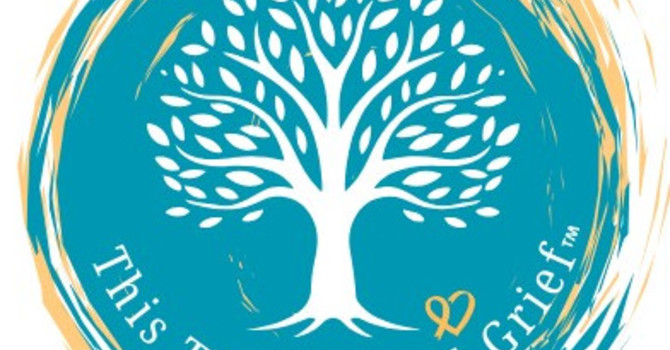
In our journey through life, we often encounter various forms of loss. While many can relate to the profound grief that accompanies the death of a loved one, there exists a lesser known but equally impactful experience: ambiguous loss. This loss can be challenging to articulate, yet it resonates deeply with those who face it.
I’ve always believed that lived experiences are crucial for cultivating genuine empathy. When someone we care about loses a loved one, many of us instinctively share in their sorrow; we can almost feel the weight of their grief pressing down on us. It’s a universal experience that brings people together in a shared understanding of pain. But what happens when the loss is not as clear cut? What about the loss of dreams and aspirations due to illness, injury, or unforeseen circumstances?
Imagine pouring your heart, soul, and energy into your dreams, those visions for the future that define who you are and what you hope to achieve. Now, consider the gut wrenching moment when those dreams become suddenly unattainable. The emotional turmoil that accompanies this kind of loss is often overlooked, as it doesn’t come with the same visible markers as a death. Yet, the grief is just as profound.
Each dream we hold is as unique as a fingerprint, intricately woven into the fabric of our identity. When we experience a loss like this, it’s not just the dream that fades away; it’s a part of ourselves that feels irrevocably altered. We grapple with questions of "what could have been" and "who we might have become," leaving us uncertain and longing.
In these moments, one might wonder: is it possible to truly empathize with a loss that doesn’t fit neatly into societal definitions of grief? The answer is complex. While others may not have walked the same path, they can still offer compassion and support. True empathy, the kind that transcends mere sympathy, requires a willingness to listen, to acknowledge the pain that is often hidden beneath the surface.
What’s significant about this kind of empathy is its power to honour our pain and the moments in our lives that have shaped us. It recognizes that while grief can be isolating, it also has the potential to forge connections between those who feel alone. Sharing our experiences of ambiguous loss can be a lifeline for someone else navigating similar waters, offering them a sense of belonging and understanding in their struggle.
Ambiguous loss teaches us that grief takes many forms and that understanding comes from a place of openness and connection. It reminds us that we don’t have to have experienced the same loss to extend our hearts to those suffering. By honouring these moments of pain in our lives, we create space for empathy to flourish, allowing others to feel seen and heard in their unique struggles.
As we navigate our own journeys through loss, be it tangible or ambiguous, let us strive to foster a deeper understanding of each other’s experiences. In doing so, we not only honour our own pain but also create a community of support where empathy can thrive. This shared understanding offers solace, creating a bond that reminds us we are never truly alone in our grief. Together, we can find healing in the shared complexity of our human experience, one story at a time.



